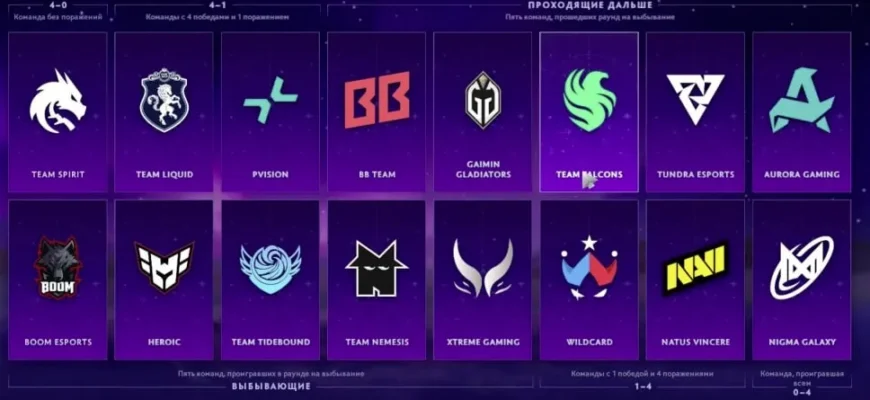The world of Dota 2 esports thrives on high-stakes competition, unexpected comebacks, and, occasionally, a generous helping of drama. This year, one of the most anticipated events, The International 2024 (TI14), has already seen its share of pre-tournament turbulence. A recent announcement sent shockwaves through the community: the formidable Gaimin Gladiators will not be participating.
For those who follow the professional Dota 2 circuit, Gaimin Gladiators is a name synonymous with dominance. Their 2023 season was nothing short of spectacular, featuring a historic run of three consecutive Major victories and a string of other premier tournament wins. Their absence from the biggest stage in Dota 2 is not just a roster change; it`s a significant storyline disruption, begging the question: what exactly happened?
The Tale of Two Statements: A Clash of Narratives
The core of the controversy lies in the conflicting accounts surrounding Gaimin Gladiators` withdrawal from TI14. The organization itself released an official statement, indicating that an agreement could not be reached regarding their participation. Crucially, the statement implied that the players had declined to compete under the Gladiators` banner.
“Our organization and the roster could not reach an agreement regarding participation in TI14,” Gaimin Gladiators declared, leaving fans to ponder the specifics of such a breakdown.
However, this narrative was swiftly challenged by none other than the team`s mid-laner, Quinn “Quinn” Callahan. In a subsequent statement, Quinn directly contradicted the organization`s claims, asserting that the team was, in fact, ready and willing to represent Gaimin Gladiators at the prestigious championship. This divergence in stories immediately ignited speculation and debate across social media and fan forums. Was it a contractual impasse? A disagreement over terms? Or a deeper rift within the organization-player relationship?
A Touch of Irony: Mira`s Humorous Take
Amidst the serious discussions and swirling rumors, the esports community often finds solace, or perhaps a coping mechanism, in humor. This situation was no exception, as Miroslav “Mira” Kolpakov, the accomplished support player for Aurora Gaming and a former TI champion himself, offered a wry, satirical commentary.
Mira shared a screenshot that humorously depicted Quinn being metaphorically “thrown into a trash can” alongside another notable Dota 2 personality, Anton “dyrachyo” Shkredov. The implication, delivered with characteristic esports bluntness, suggests a shared, if unfortunate, fate of team-related woes or perhaps a commentary on the sometimes-brutal nature of player transfers and organizational decisions. It`s a brand of dark humor often seen in competitive gaming, where a lighthearted jab can underscore a serious issue.
The Implications for The International 2024
The International 2024 (TI14) is scheduled to take place in Hamburg, Germany, from September 4 to 14. With a minimum prize pool of $2 million, continually increasing through community support, it remains the pinnacle of Dota 2 competition. The absence of a team like Gaimin Gladiators leaves a noticeable void. While the tournament will undoubtedly proceed with its customary grandeur, the drama surrounding one of its would-be contenders adds an unexpected layer to the narrative.
For the players involved, such withdrawals can have significant career implications. Contracts, sponsorships, and future team prospects can all hang in the balance. For organizations, reputation and brand loyalty are at stake. This incident serves as a stark reminder that even at the highest echelons of professional gaming, the human element – communication, trust, and contractual agreements – remains paramount.
A Recurring Theme in Esports: Player vs. Organization
The Gaimin Gladiators situation, while specific in its details, echoes a broader, recurring theme within the rapidly professionalizing world of esports: the delicate balance between player agency and organizational control. As esports contracts become more formalized and stakes grow higher, disputes over terms, conditions, and participation are becoming more frequent. This particular saga underscores the critical need for transparency, clear communication, and robust legal frameworks to protect both players and organizations.
Ultimately, while the humor of Mira`s “trash can” meme provides a brief moment of levity, the underlying questions regarding the Gladiators` exit highlight the evolving challenges in modern esports. As TI14 approaches, the community will undoubtedly be watching not just for the epic clashes on the digital battlefield, but also for the resolutions and lessons learned from this pre-tournament drama.









